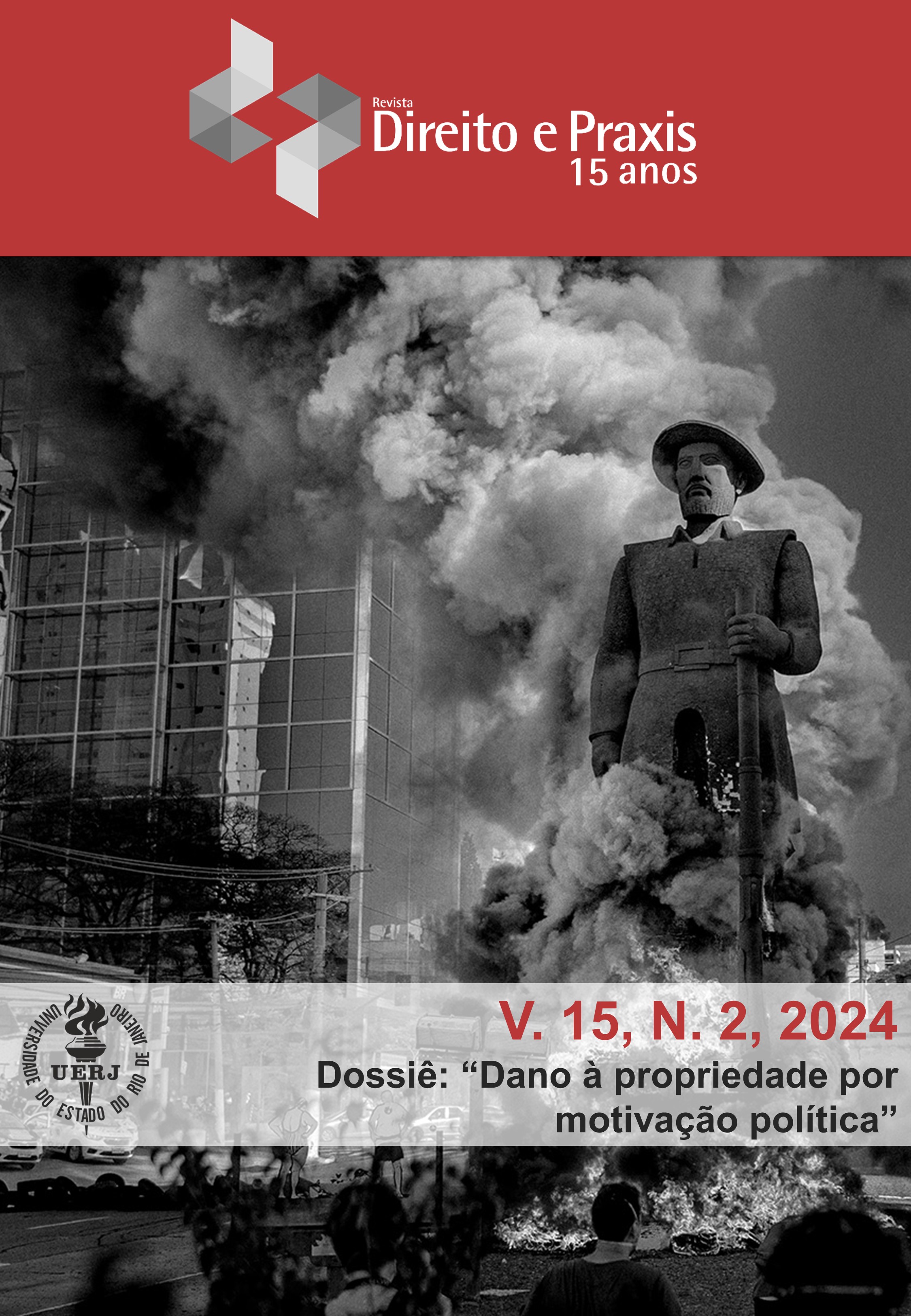Revoking protective orders
Analysis of factors and motivation for women´s request
Keywords:
maria da penha law, protective orders, motivationAbstract
https://doi.org/ 10.1590/2179-8966/2022/67306i
Abstract
The Maria da Penha Law brought to the Brazilian legal system, such as the urgent protection measures (MPUs). Gender subjectivation process influences the usage of this legal instrument. This exploratory research aims to understand sociodemographic variables and motivations that may influence their revocation by women, based on the documental analysis of 60 psychosocial reports and 60 sociodemographic questionnaires. Four categories of motivation to revoke protective orders were listed, created using content analysis and gender devices revocation: care, love, financial dependence, and risk perception. The first two categories were more prominent in the reports analyzed, which favors the analysis of women identity formation by loving and maternal devices and their influence on the revocation of MPUs. It was observed that most revocation requests occurred in the first month after the violent episode occurred. In those requests there was a preponderance of the categories love and financial dependence and of black women and unemployed women. Understanding the variables that affect the maintenance of protective orders as well as the motivation and vulnerabilities arising from the process of subjectivation of women into those devices could better qualify the performance of those who work in the legal system.
Keywords: Violence against women; Maria da Penha law; Protective orders; Motivation.
Downloads
Downloads
Published
How to Cite
Issue
Section
License
Copyright (c) 2023 Direito e Práxis

This work is licensed under a Creative Commons Attribution 4.0 International License.
The authors the sole responsibility for their texts.
It is allowed the total or partial reproduction of the articles of the Journal Law and Praxis, if the author is mentioned.
This work is licensed under a Creative Commons Attribution-Noncommercial-Share Alike 4.0 Unported License.
This license allows you to copy and redistribute the material in any medium or format for any purpose, even commercial, provided the original authorship is cited.
This work is licensed under a Creative Commons Attribution 4.0 International License.



